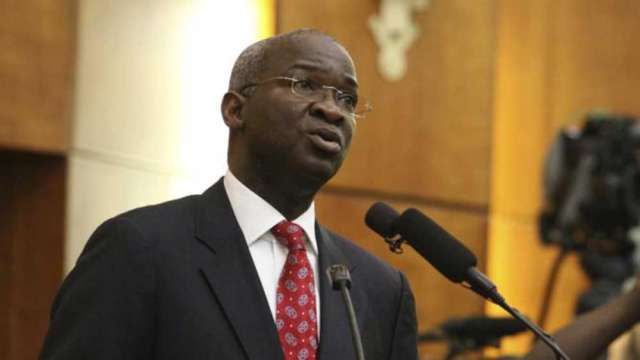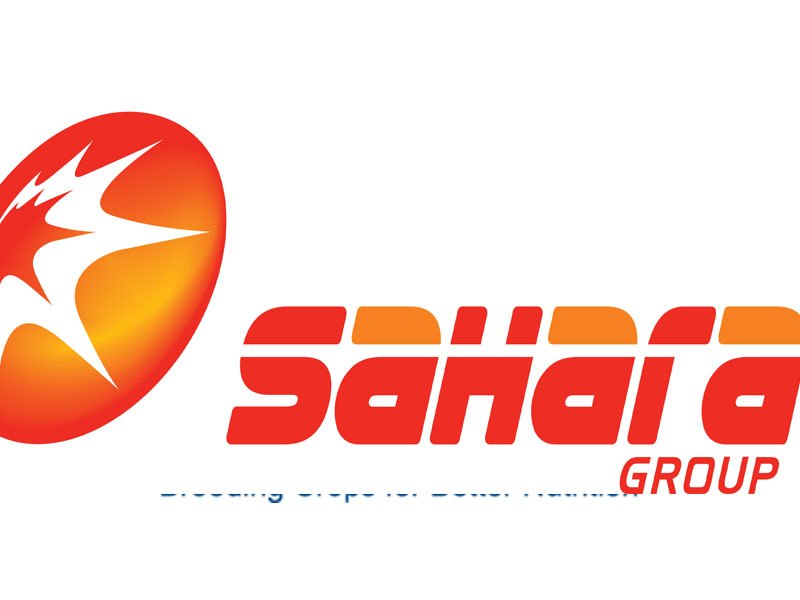There are indications that the Federal Government may not meet set targets in the power sector as a result of the underperformance of many operators.
The Nigerian Electricity Regulatory Commission (NERC) that has been monitoring the Electricity Generation Companies (Gencos), Transmission Company of Nigeria (TCN) and Electricity Distribution Companies (Discos) indicated in its report that many of them performed below expectation in six months (between Q4’16 and Q1’17).
Gencos, according to the report by NERC, which used factors such as availability and average load to rate the Gencos, identified three power plants – Sapele, Geregu NIPP and Afam (1-V) – as the least performers with 31 per cent, 18 per cent and 12 per cent scores respectively.
The top performers in this category were Omotosho, Olurunsogo and Calabar NIPP with 89 per cent, 88 per cent and 87 per cent respectively.
These were followed by Okpai, Ughelli, and Omotosho NIPP with 87 per cent, 80 per cent and 78 per cent respectively. Geregu, Afam V1, Ibom Power, Rivers IPP, Alaoji NIPP followed with 78 per cent, 69 per cent, 67 per cent, 64 per cent and 63 per cent respectively. Other plants – Ihovbor NIPP, Omoku, Trans-Amadi, Egbin, Olorunsogo NIPP and Sapele NIPP – scored 61 per cent, 58 per cent, 48 per cent, 46 per cent, 45 per cent and 38 per cent respectively.
The hydro stations – NESCO, Jebba, Shiroro and Kainji – were scored 72 per cent, 65 per cent, 58 per cent and 55 per cent respectively.
TCN and 15 system collapses TCN that has the responsibility to transmit and deliver power for distribution experienced over 15 system collapses (total and partial) in six months.
According to the report, Nigeria experienced five total collapses in the fourth quarter of 2016; and eight total collapses in first quarter 2017. Also, it experienced two partial collapses in Q1-2017 and zero in the fourth quarter of 2016.
The report disclosed that Kaduna, Port Harcourt, and Yola Discos were the least performing electricity distribution companies with 5.8 per cent, 27.5 per cent and 32.2 per cent respectively. However, it identified Ikeja, Benin and Abuja Discos as the highest performers with 54.7 per cent, 47.9 per cent and 44.4 per cent respectively.
These were followed by Jos, Ibadan, Eko, Kano and Enugu with 42.6 per cent, 40.4 per cent, 38.4 per cent, 37.4 per cent and 33.0 per cent respectively.
The Discos were scored based on their ATC &C effort (10 points), collection efficiency (15 points), metering commitment (20 points), HV clearn Index (10 points), MO remittance (15 points) and NBET remittance (30 points) respectively.
Specifically, many companies did not do well in most key performance indicators, thus impacting negatively on the sector and Nigeria’s economy.
The inefficiency associated with revenue collection has affected the operations of not only the Discos but also the Gencos. Consequently, the Gencos and other operators in the power chain may have to struggle to run their operations as compliance to remittance from the Discos averaged less than 15 percent out of the 30 percentage points’ target.
The highest remittance was Abuja Disco with 14 per cent, followed by Eko Disco with 13 per cent; while Ikeja, Ibadan scored 11 per cent each, Enugu scored 10 percent.
While Yola scored 4 percent; Kano and Jos scored 5 per cent each. Also, Kaduna, Port Harcourt and Benin scored 6 percent, 7 per cent and 9 per cent respectively.
Consequently, the report charged the Discos to speed up their customer enumeration exercises. It stated: “Discos should adhere to commitment made to the commission on metering, network upgrade and expansion, enforcement of customer service standards to include respect forum office directives, 30 days’ timeline for new point load connections to promote ease of doing business, completer metering of MD customers, improvement in timelines for fault clearance and communication of planned outages.
“Discos should improve market liquidity: contract enforcement and sanctions for non-compliance, stop load rejection.” The report also called on TCN to improve its capacity and quality of service (supervisory control and data acquisition, SCADA, and investment in network expansion/capacity).
In a related development, Managing Director and Chief Executive Officer (CEO) of the nation’s biggest power station, Egbin Power Plc, Mr. Dallas Peavey, has said that commercial banks were no longer willing to grant the company fresh credit lines over an estimated N125 billion ($352) debt owed it by the Federal Government. According to him, with such huge debt, banks are now reluctant to give Egbin new loan facilities.
“But we will continue to work with the banks, the Central Bank of Nigeria (CBN) and the Federal Government so that we can close that gap and lower that risk,” Peavey said.
Yesufu Alonge, the head of power procurement at government-owned Nigerian Bulk Electricity Trading Plc, has however faulted the claim of N125 billion made by Peavey. According to him, the delay in payment was in part due to the fact that distribution companies owed the trading company some money.
This was just as Peavey also lamented that half of Egbin’s output is wasted because of inadequate transmission infrastructure.
He noted that out of the roughly 1,300 megawatts currently generated by the facility’s six units, which is close to full capacity, about 700MW is lost since the grid is overwhelmed.
He, however, said Egbin was working with the Transmission Company of Nigeria (TCN) to improve power availability.




